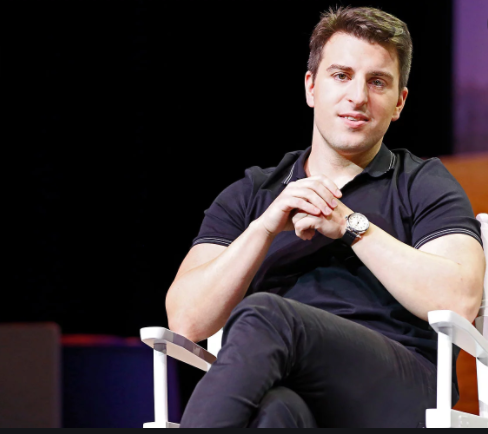


And you don’t have to believe that the world is going to stay like this forever. This would have never been possible because you had to be back in the office.īurnett: Right… you had to generally plan around a one-week vacation, which by the time you get there and you settle in and you leave, right, it’s a few days.Ĭhesky: Exactly.

This is way outside what was typically considered a typical travel trip, which is just a few nights.Ī fifth of our business, by nights, is longer than a month. Half of our business is now a week or longer. Half of our nights booked are now a week or longer. And so this is, I think, going to open up a huge amount of flexibility, and therefore a lot more travel for people.īurnett: Ok, so this travel then, some of it’s related to… longer stays or longer weekends.Ĭhesky: Absolutely. They’re more flexible about where they can go, when they can go. What it means is millions of people are now more flexible. And so long as employers allow people to live a hybrid life - we don’t all have to come back to work five days a week. Now, all three places are in the same place. Before the pandemic, we used to live in one place or house, work in another place or office, go to a third place - travel. The world is never going back to the way it was in 2019. Some people look at this and they say, ‘Wait, things have fundamentally changed and business travel has changed and the way people view travel has changed.’ What are you seeing that makes you so optimistic?Ĭhesky: Well they’re right. But now things are turning around for the vacation home rental business, with users booking longer stays thanks to greater flexibility in the way we live, work and travel.Ĭo-founder and CEO Brian Chesky spoke with CNN’s Erin Burnett about the business, his vision for the future of work, and the company’s promise to offer temporary housing for 20,000 Afghan refugees.īurnett: Your words here are ‘travel revolution’ and that you think the industry will come back bigger than ever. Many had doubted it could survive as Covid cases soared and the company lost 80% of its business.


 0 kommentar(er)
0 kommentar(er)
